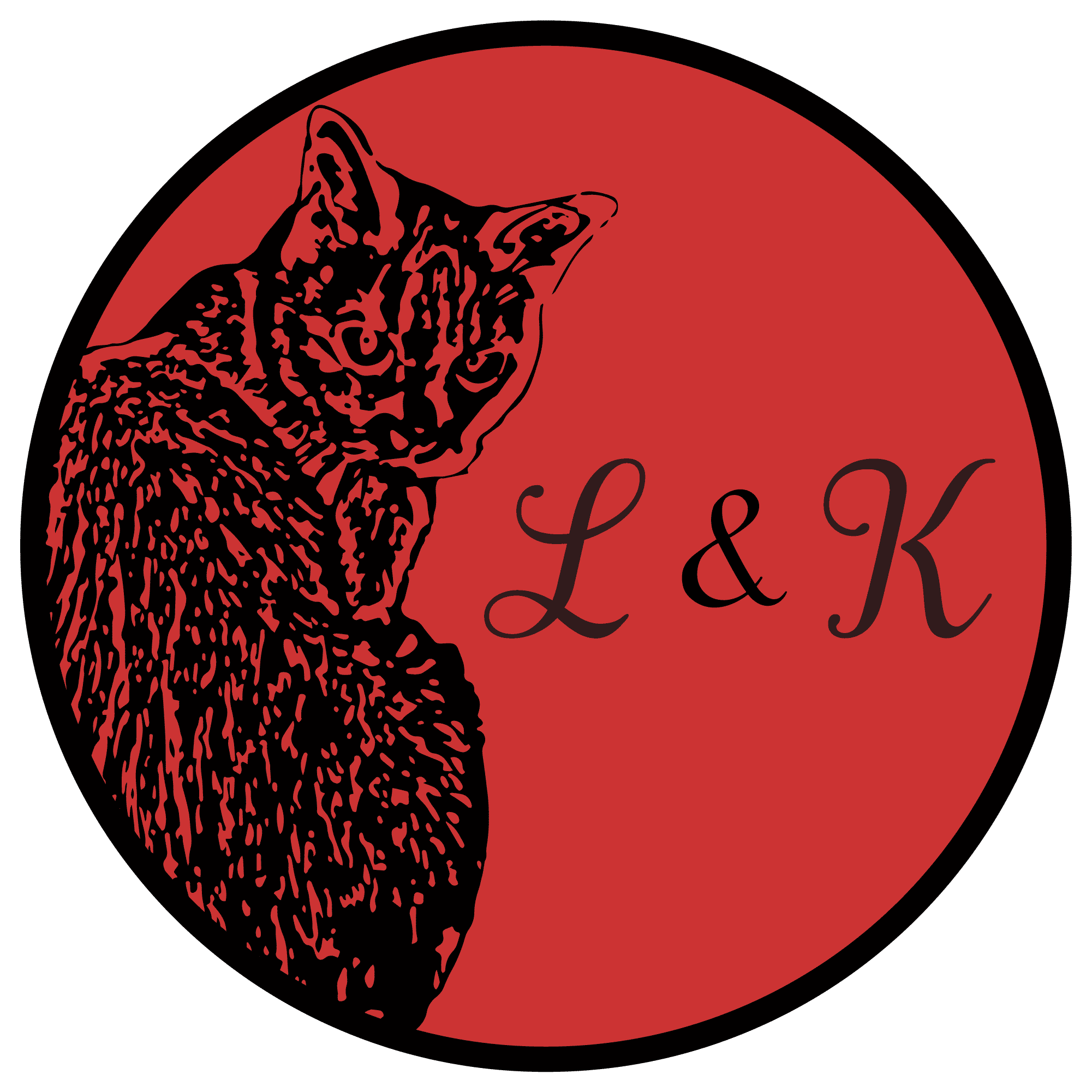A Snapshot of History

Edward Manning sits at his desk in San Francisco. Mr. Manning, his brother William, and other Manning’s managers made ethical leadership a priority, demonstrating that good ethics can be a key to business success.

The Manning brothers’ business empire began in 1908 as a simple coffee stand at 1519 Pike Place Market in Seattle. Photo circa 1910.

Manning’s was a rare company that placed women in management positions as early as the 1930s. Dietician Anne Ludden developed Manning’s Formula System, which helped ensure Manning’s success.

Manning’s operated dozens of coffee cafes throughout the West Coast. This location operated for many years at 4545 University Way in Seattle’s University District.

Manning’s used the number 34 as a guideline to set up efficient restaurant kitchens that helped promote the company’s success.

Manning’s employees take orders at one of Manning’s Coffee Stores.

This 1960s postcard advertised Manning’s cafeteria restaurant in Portland’s Lloyd’s Center, which included seating beside the mall’s skating rink. The back of the postcard said, “Meet me at Manning’s…the place to eat…the place to meet!”

Ruth Carlyle Miller (left) and Winnie Young were two of the women that Manning’s promoted to management positions in the 1940s.

Customers shop at one of Manning’s Coffee Stores where they could buy baked goods, as well as Manning’s coffee, tea, peanuts, and other products.

During World War II, Gertrude Frederick began her career of more than 40 years at Manning’s. When she retired, she was a manager at Manning’s Lloyd Center Cafeteria in Portland. During the 1960s, Manning’s gave Mrs. Frederick paid maternity leave, several years before this benefit was required by law.

Manning’s operated dozens of coffee cafes throughout the West Coast. This location operated for many years at 2244 Market Street in Seattle’s Ballard neighborhood.
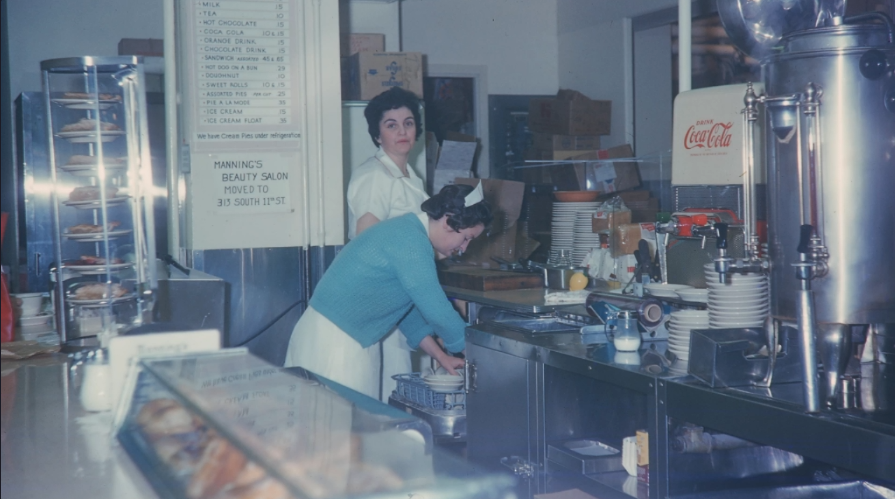
Manning’s employees work the counter at one of Manning’s Coffee Cafes in Seattle.
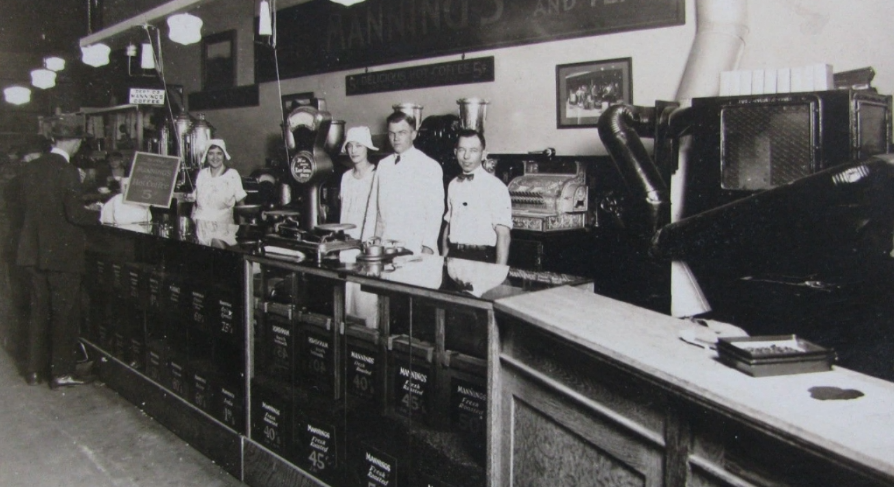
Manning’s employees work the counter at Manning’s Coffee Store at 215 West Third Street in Los Angeles.
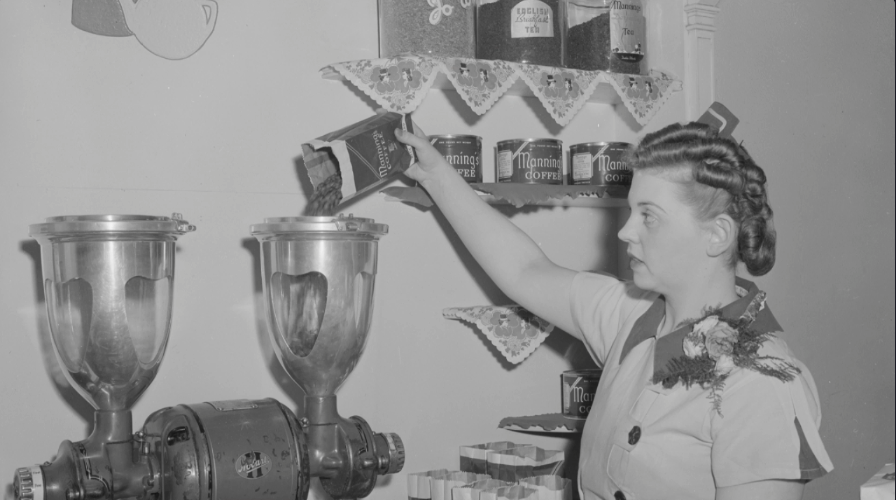
Manning’s success was grounded partly in an ethical organizational culture that motivated employees to do their jobs well. This included careful attention to the way the employees dressed and a cheerful demeanor as they accomplished their work.
